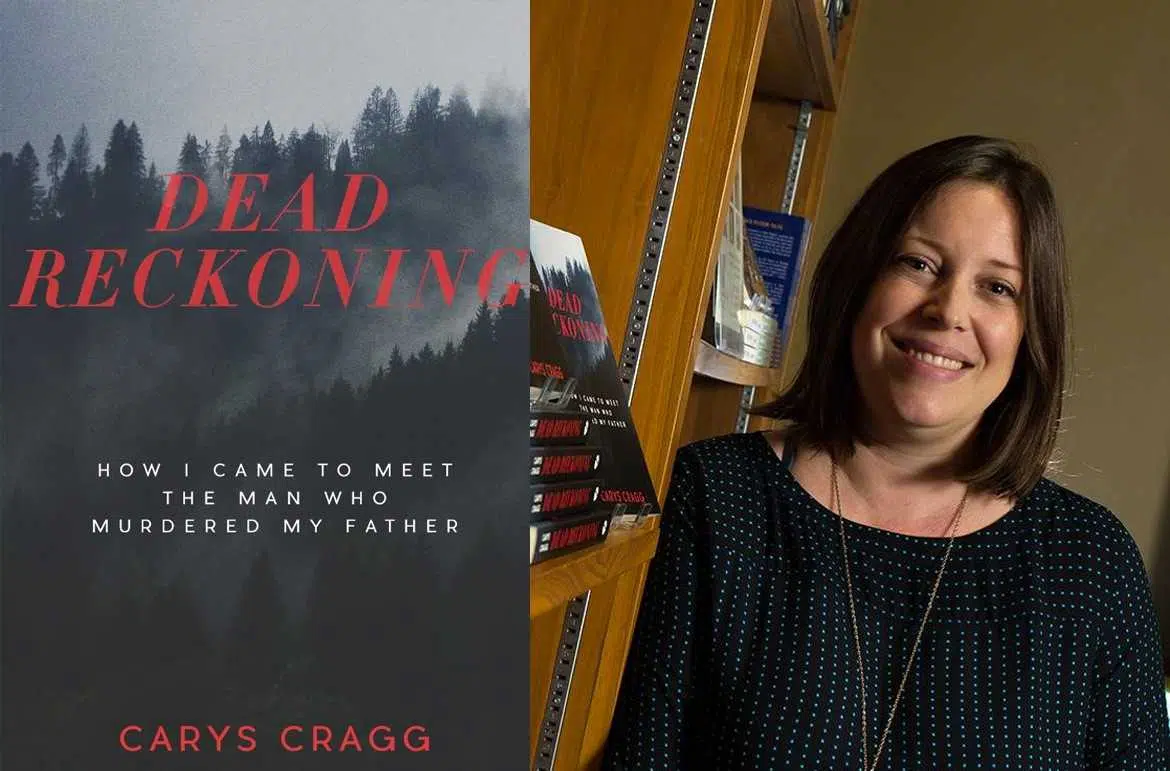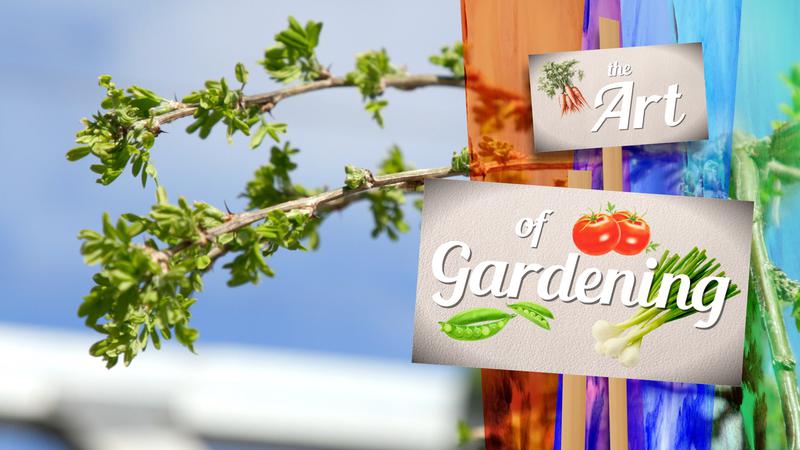
Daughter of murder victim finds healing by meeting father’s killer
KAMLOOPS — It’s Victims and Survivors of Crime Week across Canada, a time to raise awareness of services, laws, and paths to healing for those impacted by crime.
A Vancouver woman visited Kamloops this week to share her story of healing through restorative justice processes.
On September 16, 1992 her family’s lives were changed forever.


